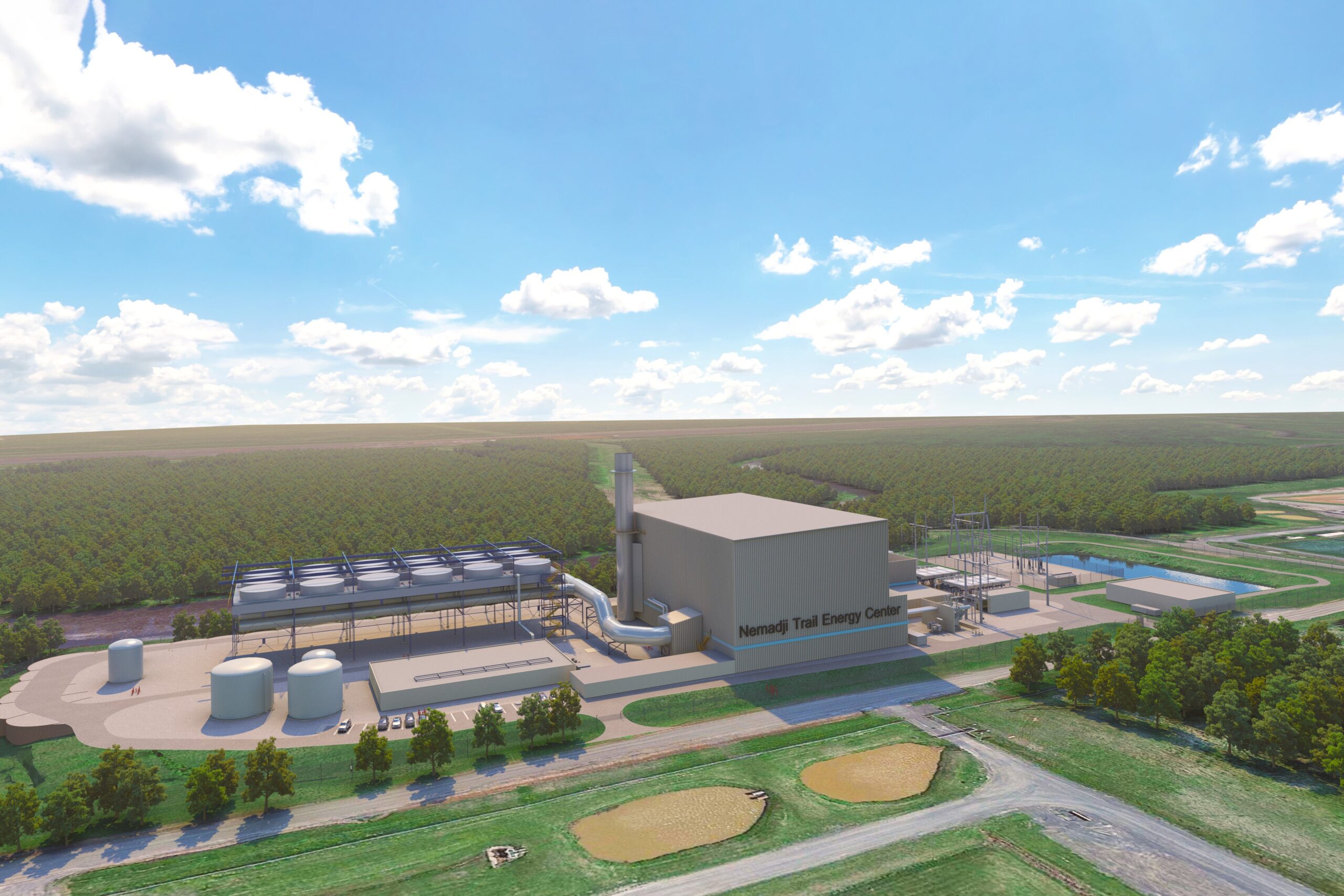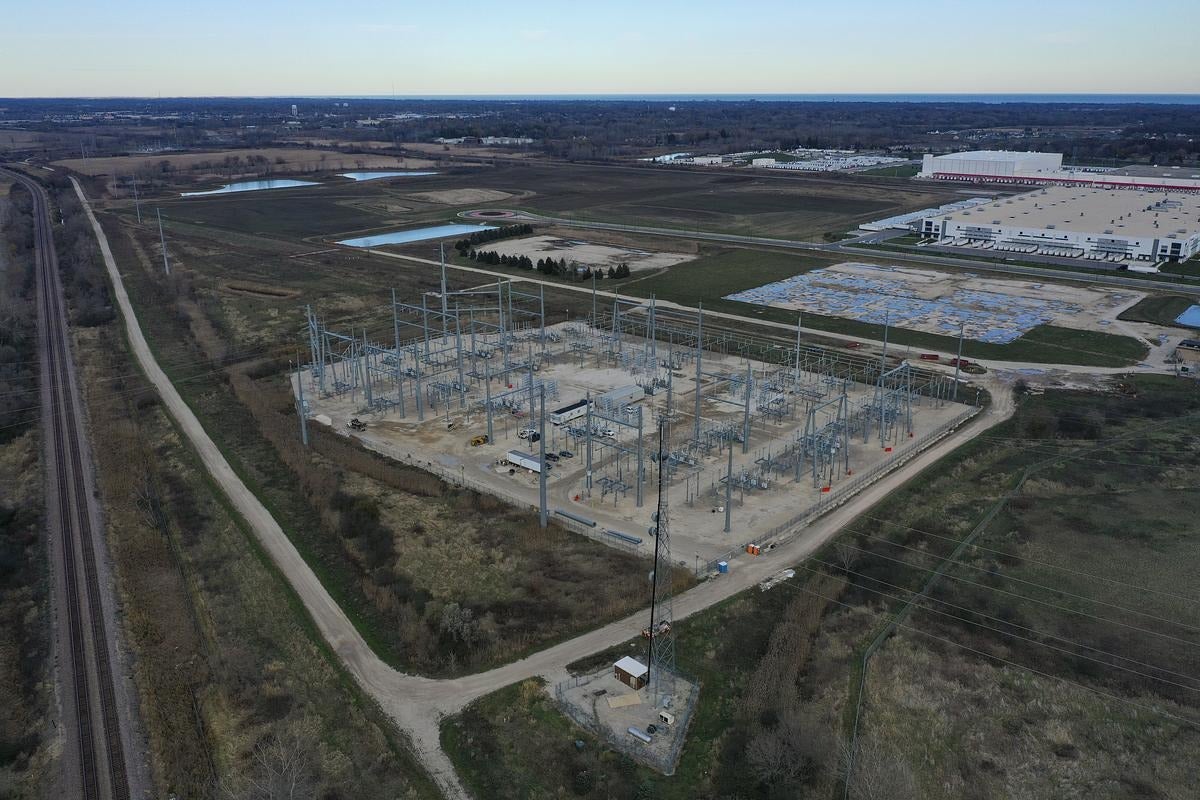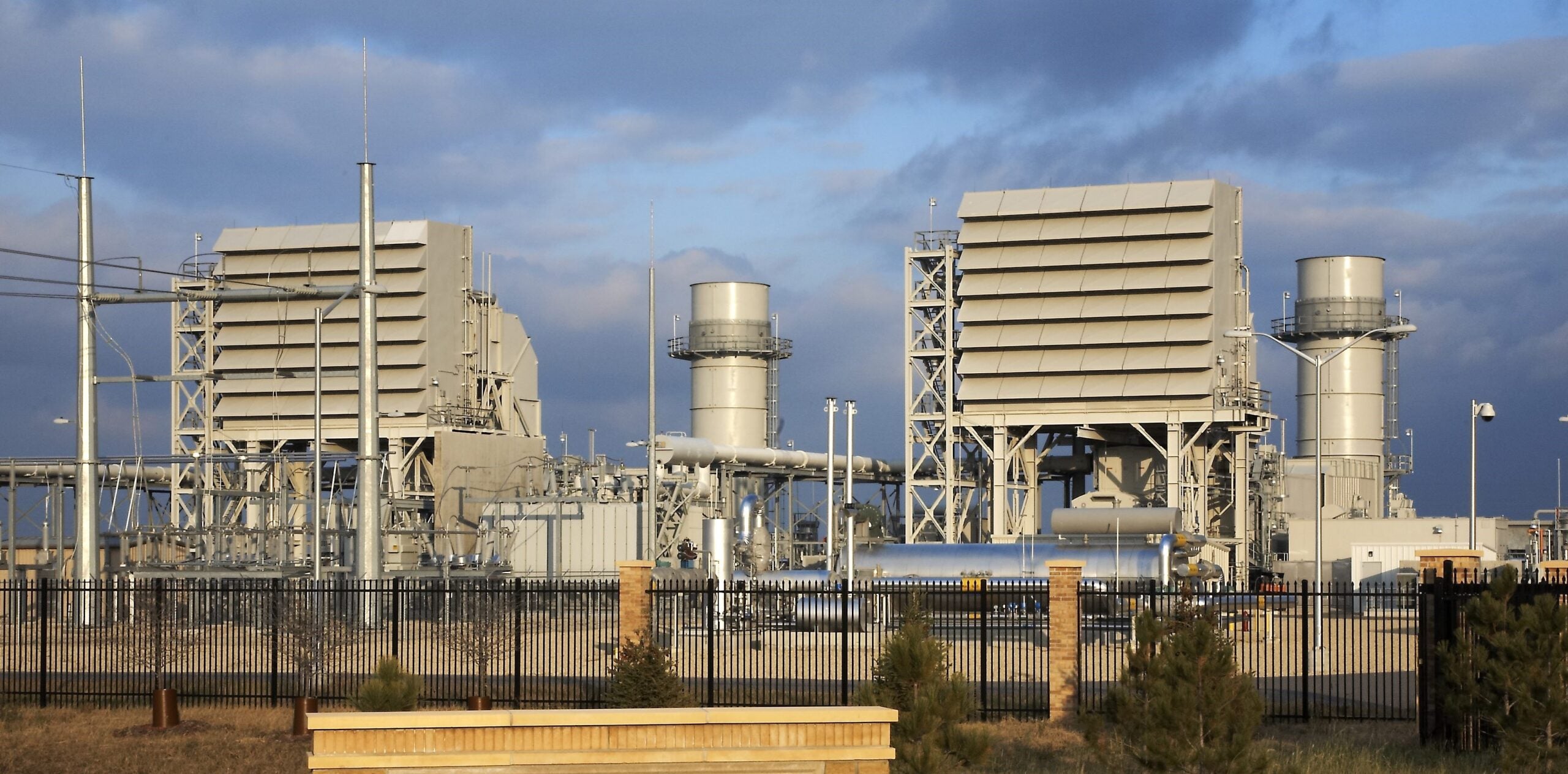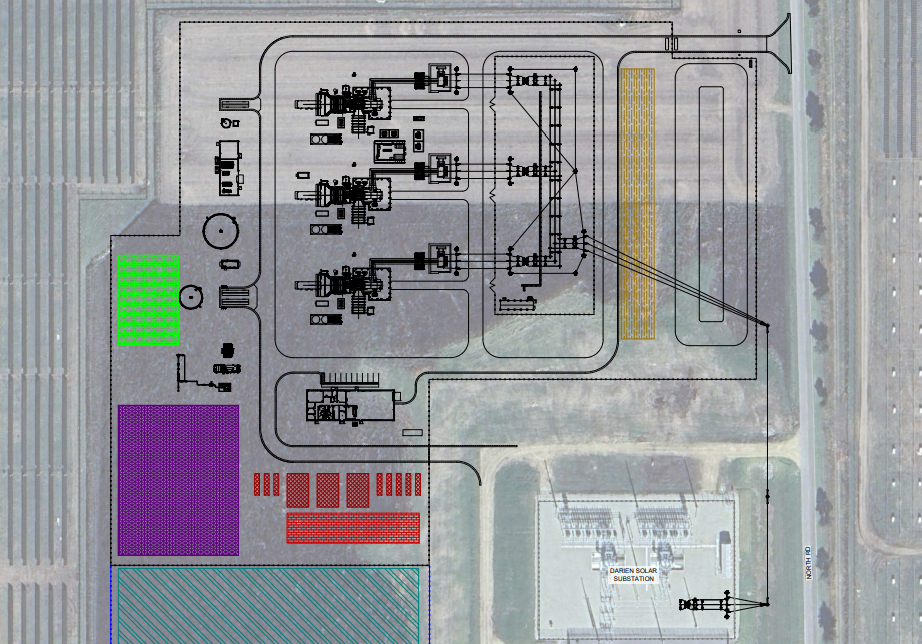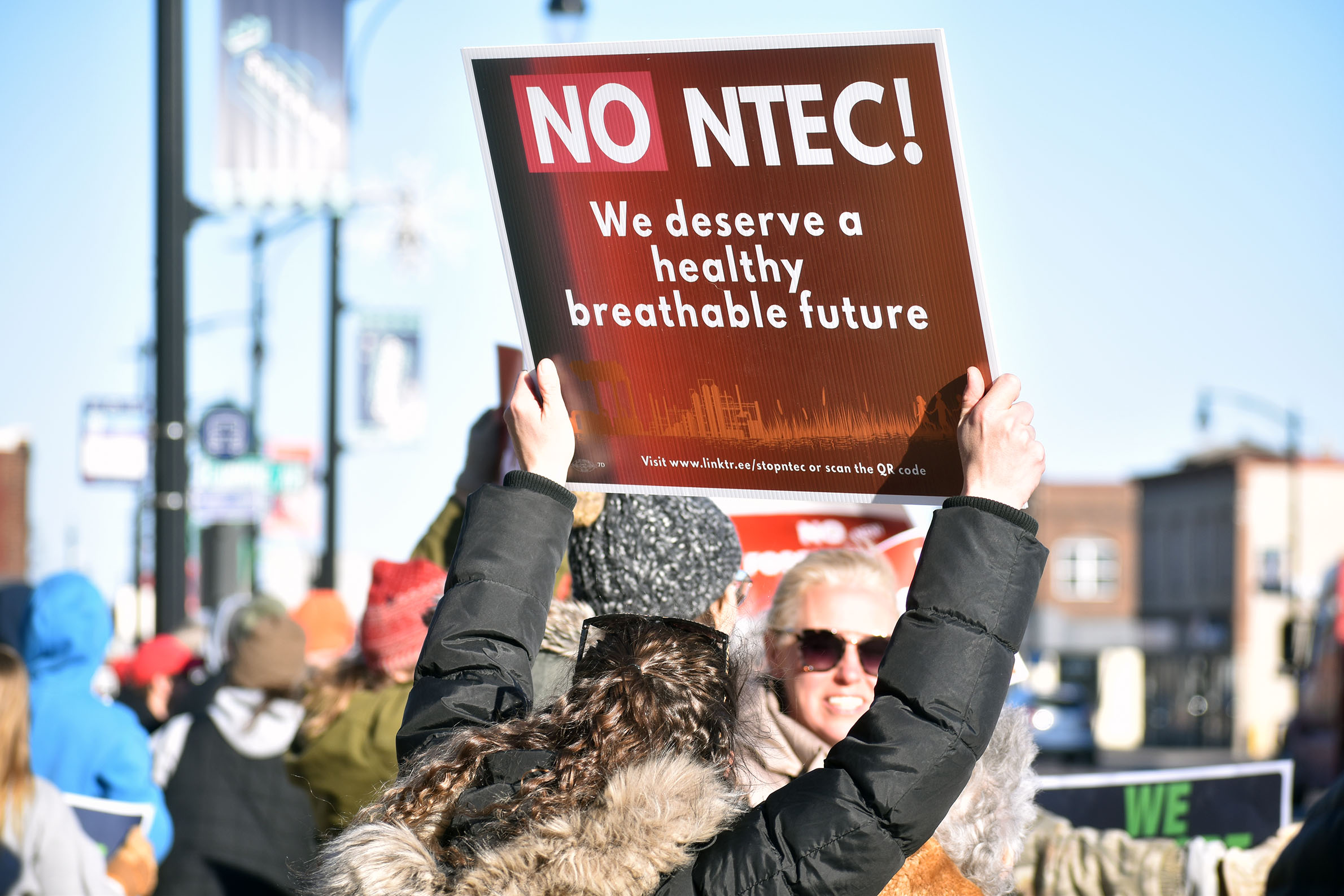A federal agency said a planned $700 million natural gas plant in Superior won’t have significant effects on the environment despite opposition from environmental and Indigenous groups.
The Rural Utilities Service issued the finding as part of its latest environmental review of the proposed 625-megawatt Nemadji Trail Energy Center in Superior.
Several utilities want to build the plant as part of plans to shift away from coal and invest in renewable energy. They include La Crosse-based Dairyland Power Cooperative, Minnesota Power in Duluth and North Dakota-based Basin Electric Power Cooperative.
News with a little more humanity
WPR’s “Wisconsin Today” newsletter keeps you connected to the state you love without feeling overwhelmed. No paywall. No agenda. No corporate filter.
On Friday, the project’s owners said the decision shows the plant is critical for providing reliable, affordable power when energy from wind and solar resources are unavailable.
The project has undergone multiple environmental reviews amid challenges from opponents. In its latest finding, the Rural Utilities Service found the project would cut carbon emissions on the western portion of the Midwest grid by more than 800,000 tons each year compared to keeping coal plants online.
The agency’s interim estimates showed the facility would produce around $2.5 billion in climate damages. Even so, regulators said the plant would reduce climate impacts by about $1.2 billion as it replaces older coal facilities.
The decision means an environmental impact statement environmental and Indigenous groups have requested won’t be conducted for the project. Those groups say building a plant that relies on fossil fuels feels like a step backward. They’ve questioned the agency’s assessment of the project’s effects on climate change and tribal communities.
Some local leaders in Superior have also withdrawn support for the project, citing concerns over its location on the banks of the Nemadji River. They also highlight the project is next to a cemetery that holds the remains of tribal ancestors for the Fond du Lac Band of Lake Superior Chippewa. The remains were buried in a mass grave there more than 100 years ago following their removal from Wisconsin Point to make way for an ore dock that was never built.
Opponents of the plant have mounted multiple legal challenges in Minnesota and Wisconsin against utility regulators who approved the project. The Sierra Club and Clean Wisconsin appealed a Dane County judge’s ruling last year that upheld the project’s approval by the Public Service Commission. That litigation is still pending in a Wisconsin appeals court.
Dairyland Power wants to obtain a loan from the Rural Utilities Service to pay for half the project’s cost. The plant’s owners still have to secure multiple permits from the city of Superior, as well as the U.S. Army Corps of Engineers.
Utilities want to break ground on the plant next year. They estimate it would create more than 350 jobs during construction, as well as 25 full-time positions. The Northern Wisconsin Building and Construction Trades Council said the project will bring a $1 billion economic impact over 20 years, serving as a catalyst for economic growth.
Utilities hope to bring the plant online in 2028.
Wisconsin Public Radio, © Copyright 2026, Board of Regents of the University of Wisconsin System and Wisconsin Educational Communications Board.

